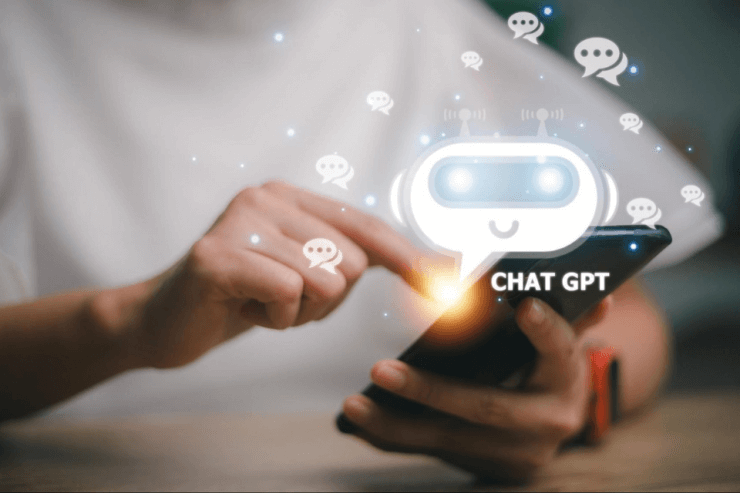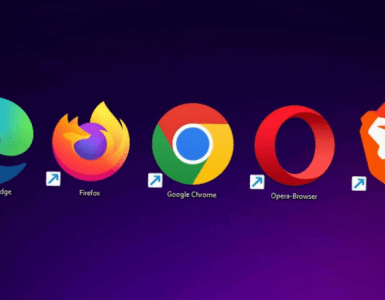The rise of ChatGPT (Chat Generation Programming Technologies) and its impact on web development is one of the most important technological advancements in recent years. It’s easier to learn than previous generations of chatbot programming language, so it’s likely that we’ll see more businesses using it in their day-to-day operations.
What Is ChatGPT?
ChatGPT is a new set of computer programming languages that allows developers to create intelligent chatbots, virtual assistants, and other automated online agents. It’s a large language model developed by OpenAI that is capable of understanding and generating human-like text. It has been trained on a massive dataset of internet text and can generate responses to a wide range of questions and prompts.
ChatGPT is part of a broader class of models known as “transformer models,” which have been used to achieve state-of-the-art results in a number of natural language processing tasks. Unlike traditional language models, which process text one word at a time, transformer models process the entire sequence of words at once, allowing them to better understand the context of a given sentence or phrase.
How Will ChatGPT Affect Web Development?
1. Chatbots and Virtual Assistants
ChatGPT is a Natural Language Processing (NLP) framework—meaning it aims to build machines that respond to human voice input with human-sounding responses. This can revolutionize the way web developers interact with customers, with the development of chatbots and virtual assistants being one of its more significant applications.
It combines predictive text capabilities, machine learning, and natural language understanding to provide a conversational experience to customers. With its ability to understand and generate human-like text, ChatGPT could be used to create chatbots that are much more natural and effective at communicating with users. This would be a huge step forward for chatbot technology, which has traditionally been hampered by the limitations of rule-based systems (AI that functions on a set of predetermined rules).
Furthermore, ChatGPT is designed to be easy to implement and integrate with existing web applications, making it a great solution for web developers looking to add conversational capabilities to their projects.

2. Content Generation
Another area where ChatGPT could have a big impact is in the field of content generation. The model can be used to automatically generate high-quality text, such as blog posts, articles, and product descriptions. This would be particularly useful for businesses and organizations that need to produce a large amount of content on a regular basis.
ChatGPT also enables developers to create custom web pages and applications with dynamic content. Its content generation capabilities make it easier for developers to quickly and easily create content for their websites without having to manually code each element. This can help streamline the development process and allow developers to focus on other aspects of their website or app.
3. Search Engine Improvements
ChatGPT can also be used to improve search engines and information retrieval systems. By understanding the intent behind a user’s query, ChatGPT could help search engines return more relevant results.
Search engines may also use chatbots to identify parts of speech and then label them as such. This would help users find exactly what they are looking for when using Google or other search engines online.
What Else?
In addition to these specific applications, ChatGPT has the potential to be used in a wide range of other areas, such as natural language generation, machine translation, and text summarization.
As with any new technology, there are also potential downsides to consider. One concern is the impact that ChatGPT and similar models may have on jobs that involve writing or content generation. Additionally, there are concerns about the ethical and societal implications of such powerful language models and their potential misuse.
Overall, ChatGPT is a powerful tool that has the potential to revolutionize the way we interact with computers and the internet. Its ability to understand and generate human-like text opens up a wide range of possibilities for web development and beyond.
Interested in learning more about how technology is changing the world? Check out the rest of our blog here! If you have any questions, CanSpace would love to help. Call us at 1-888-99-DOT-CA (1-888-993-6822), or reach out to us online to get started.










